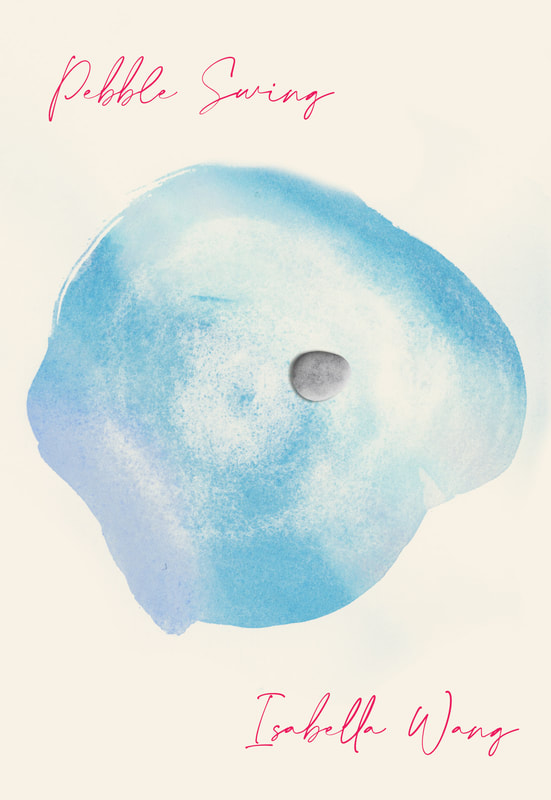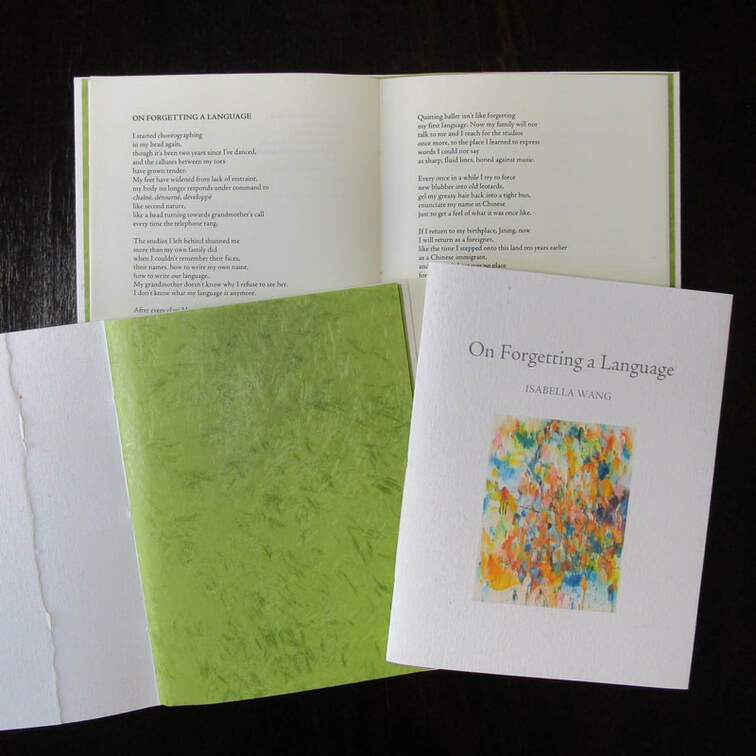ISABELLA WANG
I am an immigrant writer and poet residing on the unceded and unsurrendered territories of the Musqueum, Squamish, and tsleil-Waututh peoples.
I can be reached for event bookings on my "ABOUT" page, where a contact form, useable bio, and author photos are accessible.
For poetry, CNF, and general writing consultations, as well as private or small group workshops, please see the options I offer under "EDITORIAL SERVICES."
I can be reached for event bookings on my "ABOUT" page, where a contact form, useable bio, and author photos are accessible.
For poetry, CNF, and general writing consultations, as well as private or small group workshops, please see the options I offer under "EDITORIAL SERVICES."



